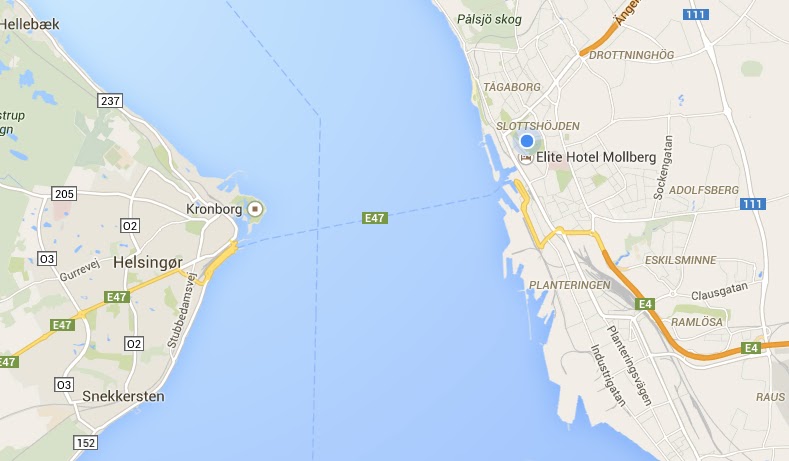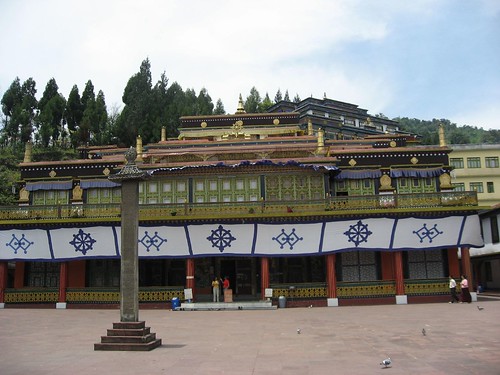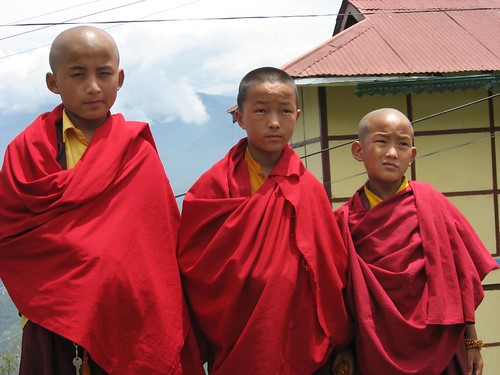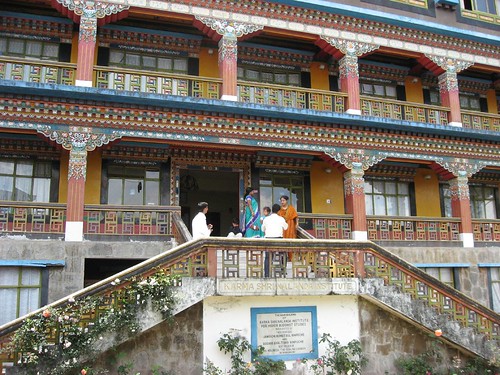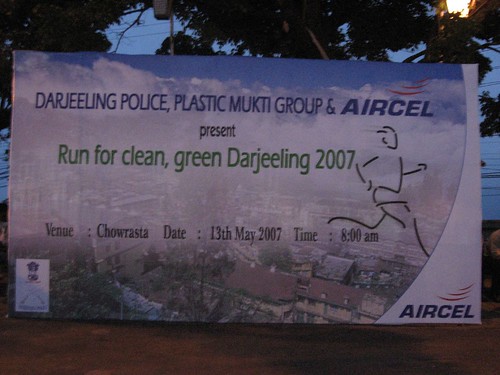In an earlier attempt to cut the wings of Uber, traditional call taxi companies complained to RBI about Uber practices. They complained to RBI on how Uber is not following the two factor authentication (2FA). When a customer joins Uber, it stores the credit card / debit card information and uses it when the service is used. This is indeed totally cashless and hassle free from the consumer perspective. But then, this is violation of RBI rules. Based on the complaint, RBI swung into action and instructed Uber to start using 2FA.
This 2FA requirement, turned out to be blessing in disguise for Uber. Instead of hurting, RBI's 2FA mandate actually helped Uber create large bucket of floating cash, completely interest free. How? You ask.. Read on..
 |
| Photo courtesy - ndtv.com |
Uber says with paytm, over 600 million Indians have access to its service. Even if a fractions of that large population are indeed Uber customers and they all put money in the prepaid wallet, it would run to several hundred millions rupees. In one fell swoop, 2FA mandate made prepaid wallet the only payment option for customers to user Uber.
2FA does help curtail fraudulent transactions, but does have unintended consequences. In this case, 2FA is helping the already cash rich Uber.
Will RBI think of some compromise here? like exempting transactions less than INR 500 from 2FA requirement? While RBI thinks about it, will Uber play fair and pay market interest to the floating cash of consumers like me?
Will you Uber?
Tags #Uber, Chennai, India, 2FA
